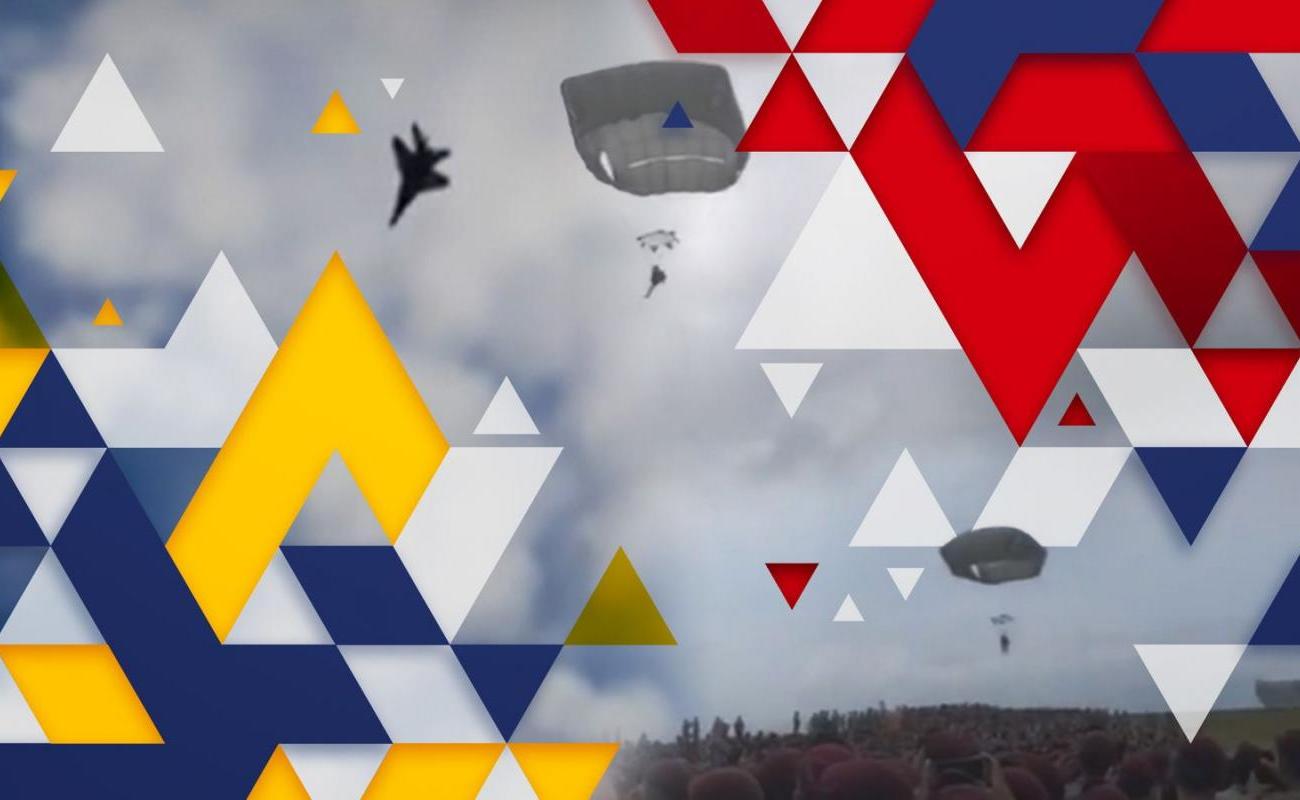The glass fortress of Russian propaganda: how did the main myths of the Kremlin about the war in Ukraine shatter?

The autocratic Russian leadership is known around the world for its manipulative mechanisms for spreading misinformation. Back in 2014, at the beginning of Russia's hybrid war against Ukraine, the entire world community faced a strong wave of Russian propaganda, which over the years grew into an information war and became a non-kinetic weapon.
The Kremlin authorities actively used false information to justify the occupation of Crimea and Donbas, carried out informative manipulations about anti-Russian motives for Ukraine's entry into NATO and the EU, and spread propaganda discourses about the escalation of Western tensions.
Time has shown that the themes of the narrative do not change much. The Russian media adapt every news to statements that support them and skillfully insert their "victims". The main purpose of such an information policy is the need to influence the emotional component of the target audience and its moral preparation for a certain behavior of the propagandist. Russia's strategy of pronouncing lies is still relevant today, but modernity dictates its collapse.
The history of the Kremlin's propaganda is divided into "before" and "after" the beginning of a large-scale Russian offensive on Ukraine, which took place on February 24, 2022. It is obvious that the information front is strengthening during the strengthening of the military aspect, but this time not everything went according to the plan of Russian officials.
Every day, the Kremlin's propaganda narratives lose their meaning, and some fall apart. The world community can no longer stand aside, avoiding acknowledging the vast amount of information manipulation by the occupying country. So what is the reason that the veracity of all popular titles in Russia has begun to be questioned even among the Russian population?
"Most Ukrainians are waiting for Russian liberators"
This propaganda lie probably had the biggest crash of all. The most interesting thing is that even the Russian leadership believed in him. When the occupying
forces crossed the border with Ukraine, they encountered such resistance from the civilian population that no one expected.
The Western media, which predicted a two-day intervention throughout Ukraine, began to publish information about the indomitable spirit and extraordinary strength of the Ukrainian population. Photos and videos of people stopping enemy combat vehicles with their bare hands have traveled the world. Every refugee from Kharkov and Sumy (of which there are no more than 150 kilometers to the border with Russia) went to western Ukraine without thinking about evacuating the aggressor to the country.
And the mass demoralization of the occupying forces meant one thing - the reality was not as expected. These events stopped the spread of narratives about the "liberation" of Ukrainians, and the first brick in the wall of Russian propaganda broke.
"There is no doubt in the strength and perseverance of the Russian army"
Mass military parades, threats of nuclear weapons and declarations of military readiness have become traditional manifestations of the strength and power of the world's second-largest army. Western analysts have repeatedly pointed out the potential of the Russian army, but after a while the question arose: how well is the planned "military operation", which was supposed to last two days, delayed for more than two weeks and it is not known how long it will last?
Video evidence of poor equipment of the Russian army, delayed dry meals and faulty military equipment found its place first in the Ukrainian and then in the world media. Leaders of many countries, for the first time in history, began to say that "the wolf is not as terrible as it is portrayed".
It turns out that you don’t have to be the first army in the world to fight the Russian horde. Of course, in this context, the strength of the enemy and the role of Ukraine's international support in armaments cannot be underestimated, however, another narrative has been called into question and Russian propaganda has begun to lose its credibility.
"The West is not ready to support Ukraine"
This thesis of the Kremlin was constantly supported by information about the complete unwillingness of the West to enter into a confrontation with Russia, which may be caused by any wrong steps of the civilized world towards Ukraine.
When sanctions began to be imposed on the occupying country, a large number of well-known companies withdrew from the Russian market, global social platforms closed, and most European countries decided to supply weapons to the Ukrainian army, realizing that the aggressor was just a beginner.
When Russia was ahead of Iran and North Korea in the number of sanctions, the propagandists, realizing the failure of their narrative, quickly abstracted and created a new, more relevant one - "The West is committing genocide against the Russian population." He was quickly picked up by the "victims" of the Kremlin's manipulations, but an initial understanding of the reasons for such a reaction by the world community began to sow misunderstandings within the country.
One of the biggest mistakes of the Russian authorities in the implementation of information policy was the underestimation of modern reality. If earlier it was enough to close "dangerous TV channels" and prevent "dangerous" information from the Western media, now anyone who has a phone and the Internet can be convinced of Russian lies.
Each new day of the war of aggression brings dozens of arguments against Russian propaganda and brings it closer to ruin. The Western world is no longer driven by the Kremlin's provocations in the information space, and the Russians seem to be beginning to suspect ...
